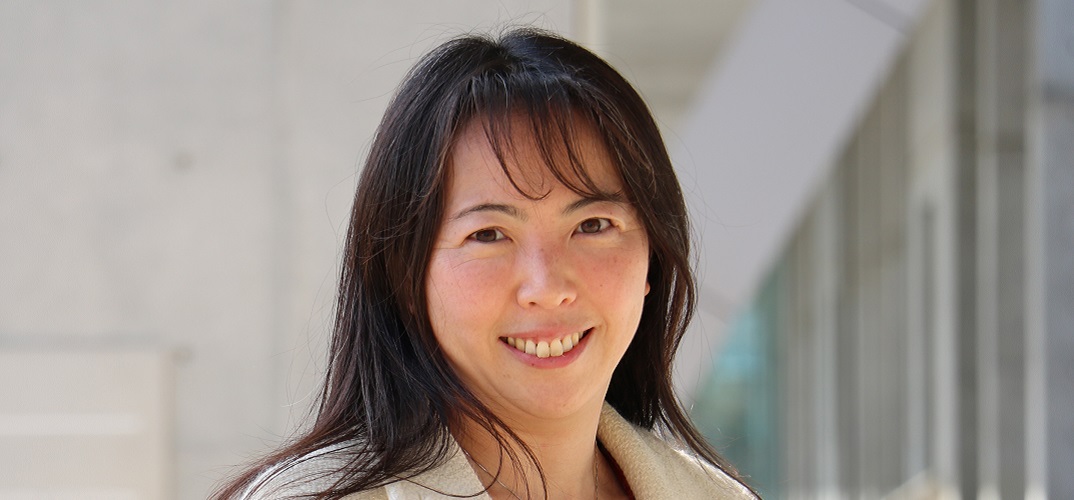Pioneering Herts astronomers win 2024 Royal Astronomical Society awards for research into early galaxies

Pioneering astronomers at the University of Hertfordshire have won prestigious awards for their research into the early galaxies.
Professor Chiaki Kobayashi, Professor of Astrophysics at Herts, has been awarded the 2024 George Darwin Lectureship by the Royal Astronomical Society (RAS). Judges described her as “an internationally recognised leader in the field of chemical evolution of galaxies and a pioneer in the study of the origin of the elements”. Named after the astronomer son of Charles Darwin, the award means she has been invited to give this year’s George Darwin Lecture, a prominent annual talk by an authoritative speaker on an astronomical topic.
Dr Chris Lovell, who was a postdoctoral research fellow at Herts, also won this year’s Winton Award for his research into modelling galaxies in the early universe. The award recognises research by a postdoctoral fellow in a UK institution in astronomy whose career has shown the most promising development.
Professor Chiaki Kobayashi, Professor of Astrophysics at the University of Hertfordshire, said:
“I am greatly honoured to receive this prestigious award from the Royal Astronomical Society. The award recognises my research achievements, for which I owe a lot to the co-authors of our papers. They have made my academic life cheerful and productive, and I hope to continue working with my team to further understand the evolution of elements in the universe. I am very much looking forward to telling our story at the George Darwin Lecture later this year.”
Professor Kobayashi’s work bridges nuclear physics and astrophysics to discover the chemical history of galaxies. One of her best-known works is the “astronomer's version” of the Periodic Table, which updates the well-known version with each element’s cosmic abundance – or how prevalent it is across the cosmos – and lists the processes that led to their creation.
Another highlight is her prediction that magnetorotational hypernovae – highly energetic supernovae resulting from the core collapse of a massive star – are an additional site for the "rapid neutron capture process", a type of nuclear reaction responsible for creating heavy elements.
This work has a direct impact on the predicted number of neutron star mergers that can be detected through their gravitational waves.
See the full list of this year’s 2024 Royal Astronomical Society award winners on the RAS website. Find out more about the Centre for Astrophysics Research via the University of Hertfordshire website.